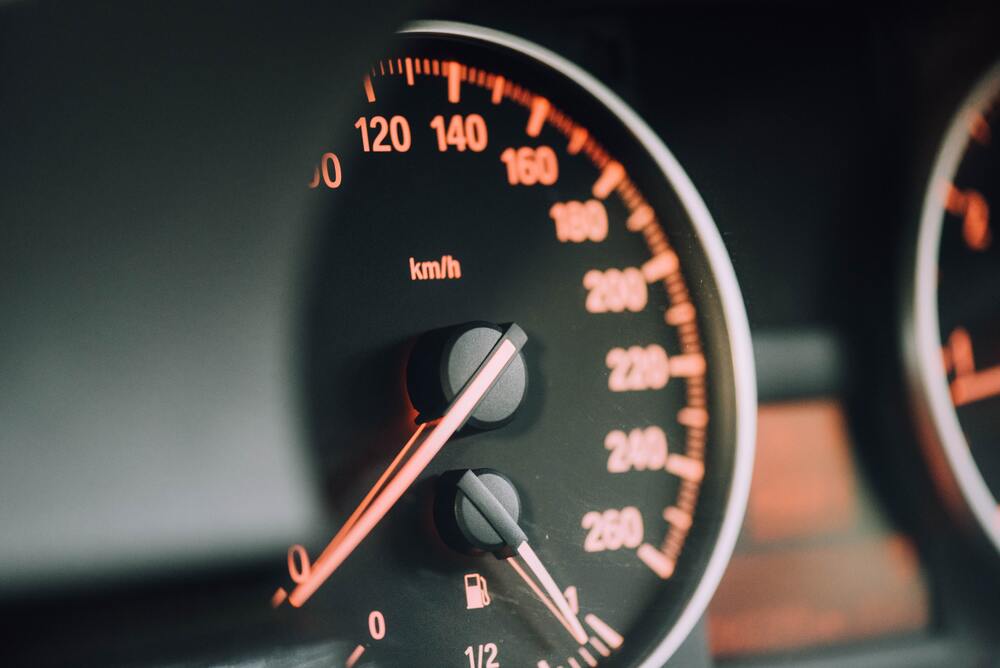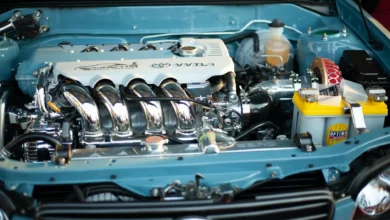What is Car Mileage?

When it comes to buying a used car, the first thought that comes into mind is its condition. Car mileage is one of the main factors that indicate the overall car’s condition. However, it would be best if you didn’t take that as the only deciding factor of the car’s overall performance. Here’s a list of things you MUST check before you buy a used car.
Checking Car Mileage

Ever wonder how much the used car has travelled? You can easily check it by looking at the odometer dashboard. Nowadays, modern cars have a built-in digital display to read the car’s odometer. You can bring along an On-Board Diagnostic (OBD2) device to get more information through the odometer.
By using one, you’ll get to check the car’s Vehicle Identification Number (VIN), car’s speed, fuel efficiency, engine Revolutions Per Minute (RPM) and Generic and manufacturer-specific diagnostic codes.
Mileage Range in Used Cars

There’s always a rule of thumb when it comes to mileage. A car usually travels around 10,000km per year. Thus, a decent mileage range to look out for in used cars can go between 50,000 to 100,000km with age between five (5) to eight (8) years. Evidently, you’ll get an insight into the repair costs before buying the car. If the figures are a lot higher or a lot lesser than the average, it’s best to investigate the reason behind it.
According to Ken Research (2019), you can consider going for these used car brands in Malaysia: Perodua, Proton, Toyota, Honda and Nissan which are known for their brand establishment, durability and lifespan in the market. One thing for sure, it will be easier for you to find a mechanic for any repairs if you bought one of these preferred car brands.
Higher or Lower Mileage

Most people avoid cars with high mileage. It may be well-worn, but there’s no harm going through the car’s maintenance records. If the car has a good track record in terms of maintenance, it may even perform better than a lower mileage used car.
Having a lower mileage is enticing but the previous owner may have a habit of not slowing down while going through speed bumps—resulting in damaged shock absorbers and exhaust system, or the misalignment of tyres.
Nevertheless, be familiar with the car’s history. Why did the previous owner decide to sell their car? Was it time to let go? Was there a problem with the car or was it not frequently used? Knowing all these will help you weigh your options.
If you’re having a tough time deciding between a lower or higher mileage. You can study about car depreciation to help you on your decision making.





